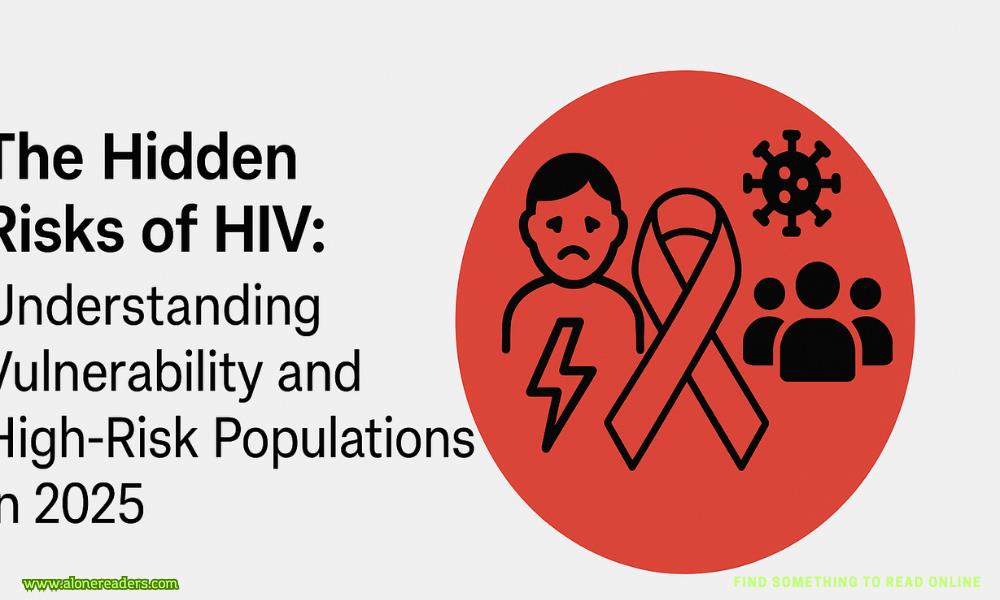Page 93 of Best Kept Vows
“Tell me about this salon thing,” I prompted.
Lia tucked her feet under her in the wrought iron chair. “According to Aurora, the women Betsy invites to the salon can take over the world.”
“I don’t doubt it. I saw Betsy Rhodes shut my mother up with one look at a fundraiser once.”
Lia let out a soft laugh. “She does have that power.”
She took a sip of wine, closing her eyes for a moment before setting the glass down.
“I am nervous about speaking there.”
I regarded her with quiet consideration. “Why?”
She gave the slightest shake of her head. “I don’t know…what if I say the wrong thing?”
“Baby, you just have to talk about your experience and tell your story.”
“It feels like everyone’s making a big deal out of nothing.” Her breath faltered for a moment. “I just went back to school and then was lucky to find a job, thanks to Betsy. But that’s it. I didn’t do anything special.”
I set my wine glass on the table next to my half-eaten slice of pecan pie, and hunched forward. “Baby, you did do somethingveryspecial. This isn’t easy, and you did it without any support.”
“You paid for the MBA,” she pointed out as she picked up her wine glass and brought it close to her lips.
“Wepaid for it. There is nomyandyourmoney, baby.” I’d always asserted that because I’d seen my parents fight ugly over Mama’s allowance and what was her “right.”
Her eyes gentled. “I know.”
“So, tell me,” I pressed gently, cutting a small slice of pie with a fork. “What do you plan to say?”
She thought about it for a moment, and I brought the fork closer to her lips. She opened her mouth and took a bite.
She tilted her head, chewing thoughtfully.
“I want to talk about how women who leave the workforce for their families don’t get grace when they try to return. It doesn’t matter how capable you are, how much you’ve done, how skilled you are at managing a household—there’s always this sense that you’re…less than. Like you fell behind and can’t ever catch up.”
I set down my fork. I’d never thought about it like that before.
“Women are expected to sacrifice everything for their families,” she continued, her voice even. “And we do. But when we try to carve out something for ourselves after all that, we’re expected to start fromscratch. It seems rather unfair. I got lucky that Nina gave me a chance, but it’s noteasy for most women.”
I looked at her, trying to see beyond her words. I’d been raised in a world where women held things together at home but were rarely given credit for it.
My mother ran our home with the efficiency of a Fortune 500 CEO, but no one ever praised her for it. My sister Coco spent years playing the perfect Savannah socialite, but I doubted anyone ever asked what she wanted out of life.
For twenty-two years, Lia managed our household, raised our children, supported me—and made our lives function with what seemed like effortless skill, and insteadof recognizing that for what it was—a full-time job—I had taken it for granted.
“You’re right. It’s not fair.”
She smiled, gratitude flickering in her eyes.
I reached for her hand and ran my thumb over her knuckles. “I’m proud of you. For getting the job, for being so cool that you’re being invited to be a speaker at a Rhodes’ Salon—foreverything.”
She squeezed my fingers. “That means more than you know.”
After dinner, we cleaned up together—again, I had not done this with her before. Back, in thebefore, she cooked, she cleaned, and then I either went for a run, worked out in the home gym, or went into the office to work.
After the last dish was put inside the dishwasher and the counter cleaned up, she looked at me. “Stay tonight,” she murmured.
I stroked her cheek. “You sure?”
- Her Irresistible Husband by Marian Tee
- Bratva Past by Sam Crescent
- Unbroken by Jane Henry
- Tattooed Vow by Kat Steele
- Broken by Jordan Marie
- Pleasure Lessons by Jenna Rose
- Craved By Gray by Cassi Hart
- Road Trip With Her Daddy Protector by Lizzie Sparks
- My Tempting Mountain Man by Lizzie Sparks
- Text Me, Take Me by Flora Ferrari
- Twisted Fate by M. James
- Born in Sin by Shilpa Suraj
- Exposed by Samantha Wilde
- Beyond Repair: Part One by Y.V. Larson
- Eternal Pieces by Hana Meadows
- Special Agent Anastacia by Mimi Barbour







